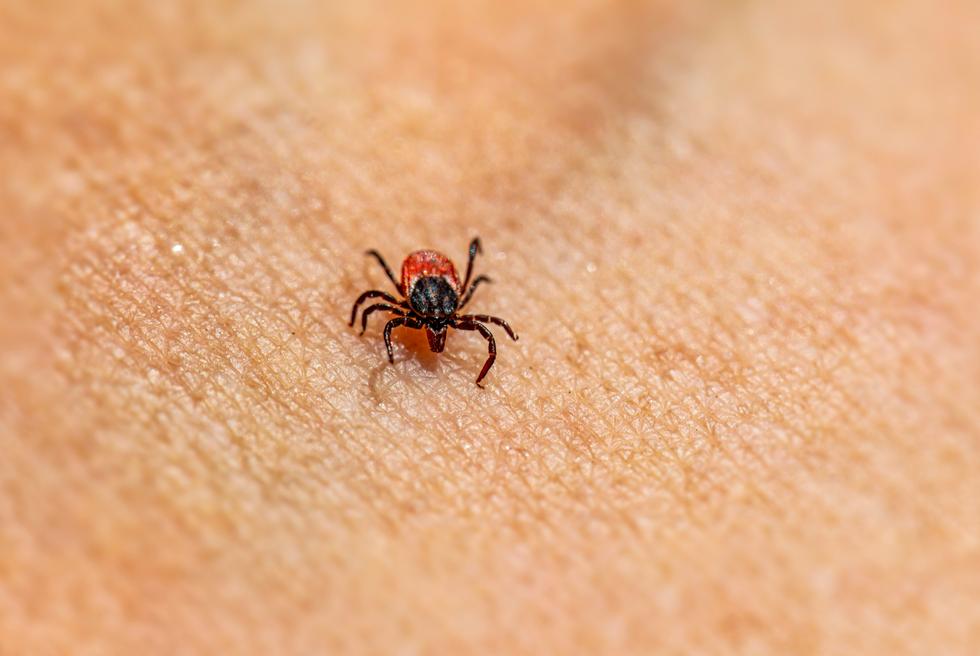In 2023, over 600 cases of TBE, a serious disease spread by ticks, were reported. Despite the fact that the vaccination rate has increased and has become an effective defensive measure against the disease, it is important not to underestimate the risk of infection. By checking the antibody levels, you can now ensure that your body has the necessary defense mechanisms against the TBE virus.
Check if the TBE vaccination is effective
Has your TBE vaccination had the desired effect? To determine whether you have developed immunity to the TBE virus, IgG antibodies are also analyzed through a simple blood test. With a TBE antibody test, you can now easily gain more clarity and insight into your immunity.
Blood test for identification of infection
In an acute TBE infection (tick-borne encephalitis), IgM antibodies are formed against the TBE virus, which can be detected via blood tests in the early stages of the disease. The test involves the analysis of IgM antibodies to assess the presence of an ongoing infection.
Antibody tests give you insight into the effectiveness of the TBE vaccination
After the administration of two doses of the TBE vaccine, it is considered to provide adequate protection for approximately one year to come. Only after three doses according to the recommended vaccination program, almost all vaccinated individuals have stable protection for at least three years. If you are unsure or want to get an estimate of your immunity, a TBE antibody test can give you a better understanding of your immunity and determine if the vaccine has given you the required level of protection.
How common is TBE?
During the previous year, over 600 cases of TBE were reported in Sweden. There is also likely to be an underreporting, that is, cases that are never reported, likely due to mild or no symptoms. Almost all of the reported cases are believed to have had neurological infections, as people with flu-like symptoms rarely seek medical attention or are tested for TBE. The number of TBE cases has increased steadily in recent decades, an increase that is likely due to several factors, including increased prevalence of infected ticks and hosts, longer growing seasons and weather conditions.
Do you suspect TBE?
If you suspect that you may have been infected with TBE (tick-borne encephalitis), it is important to act quickly. By testing your antibodies, a correct diagnosis can be established. The diagnosis is based on the detection of both IgM and IgG antibodies to the TBE virus, which is usually done through a blood test. The symptoms of TBE can vary but can include high fever, severe headache, confusion and sometimes even seizures. If you experience these symptoms, it is critical that you seek medical attention immediately to receive proper treatment and care.
Early detection and treatment can be crucial in preventing serious complications and promoting faster recovery. Make your health your top priority and contact a healthcare professional as soon as possible if you suspect you may have contracted TBE.






















